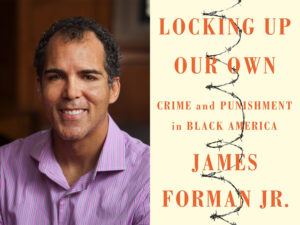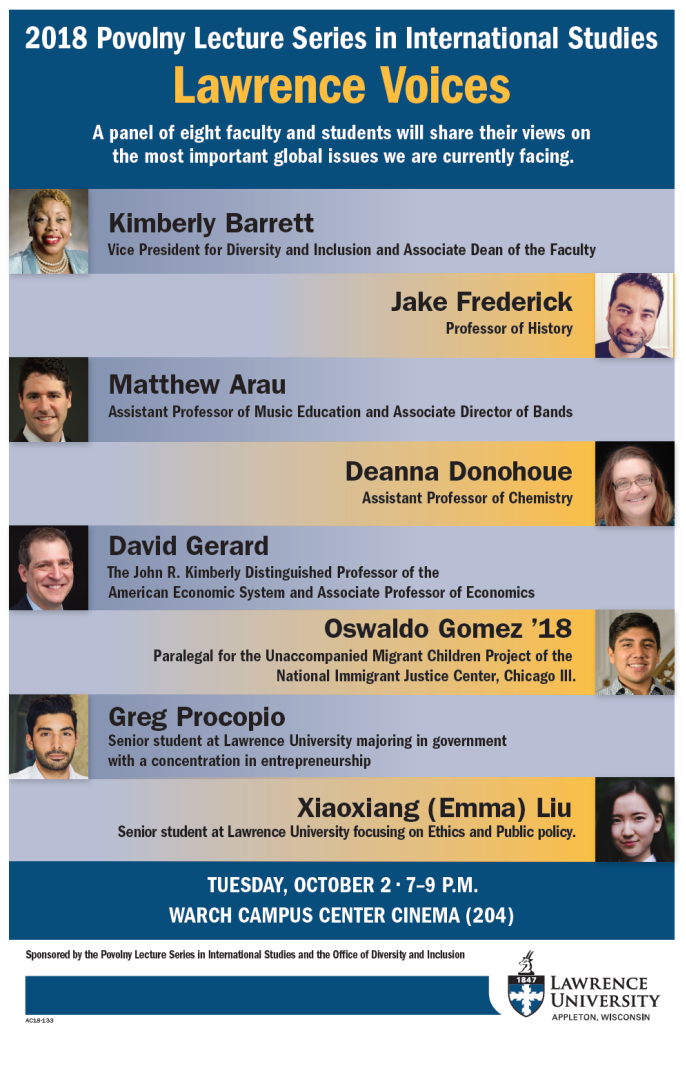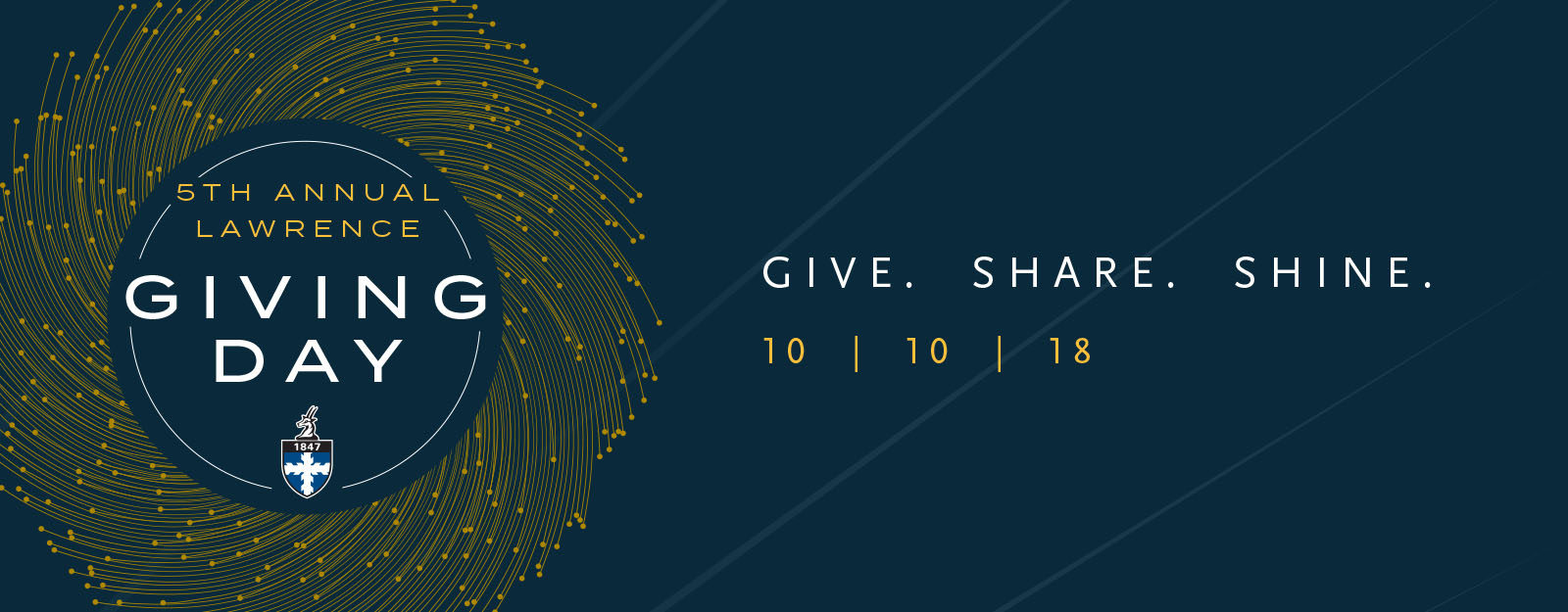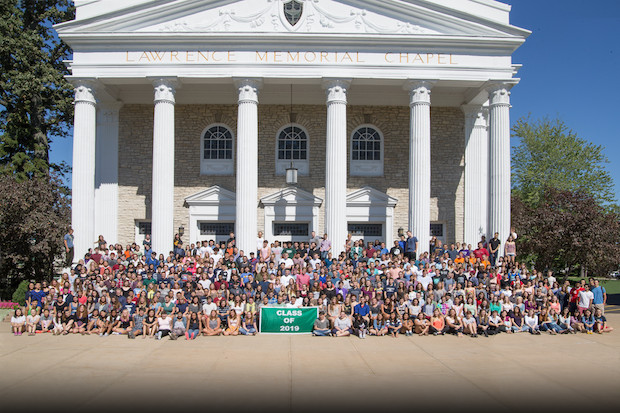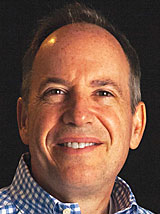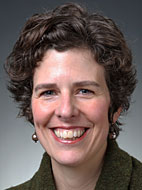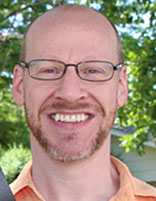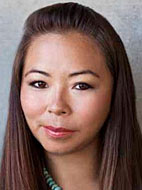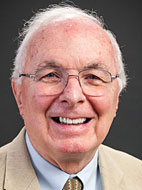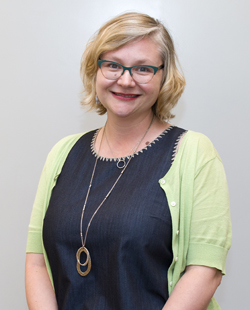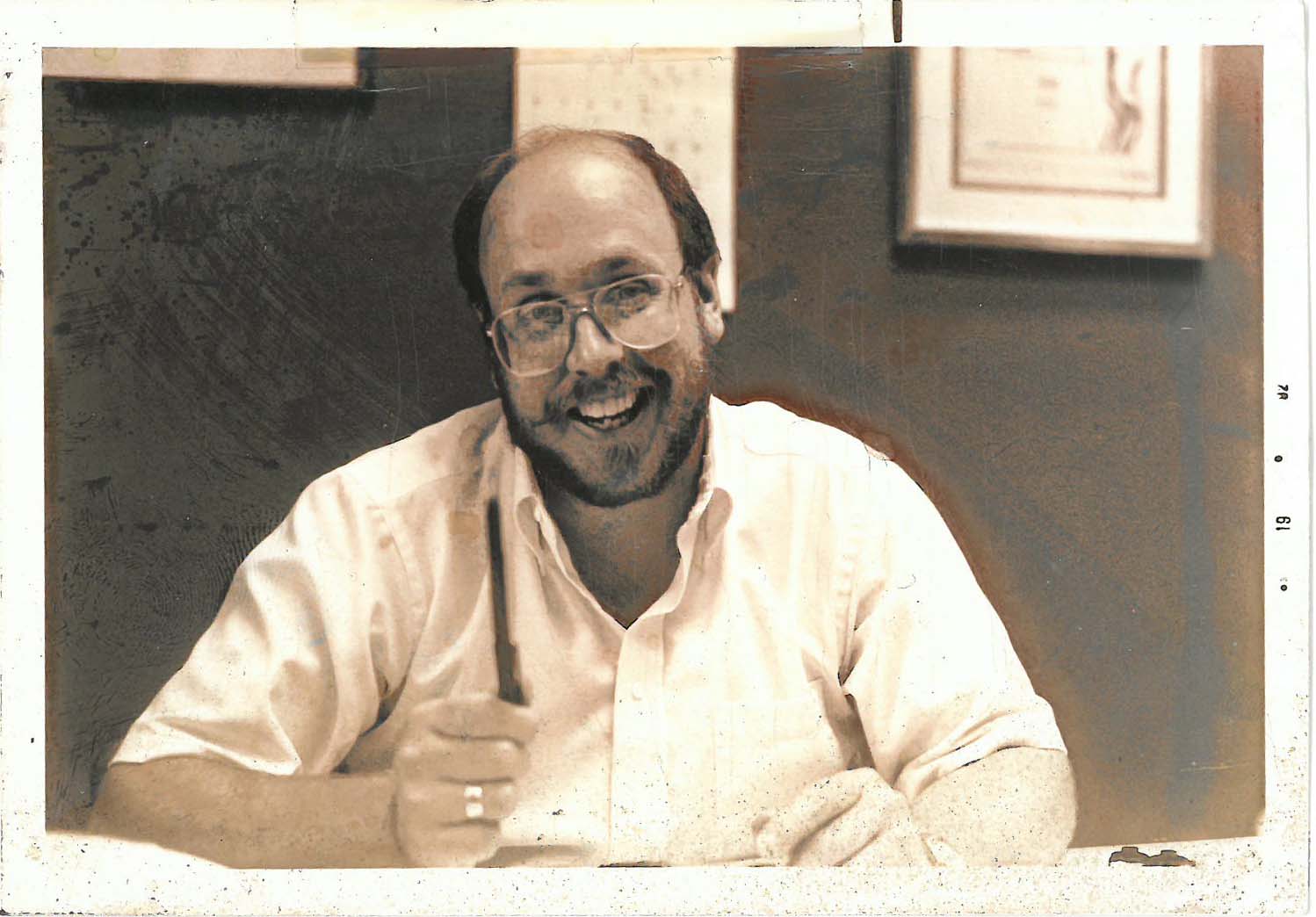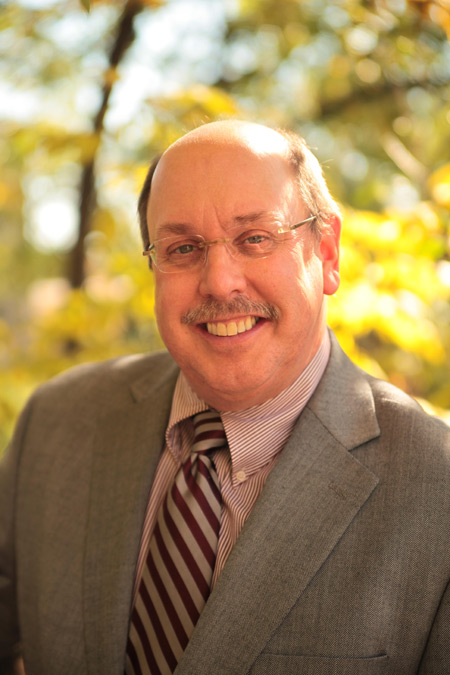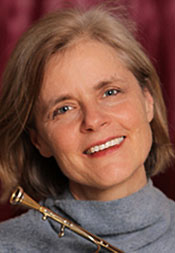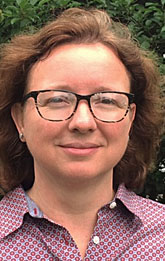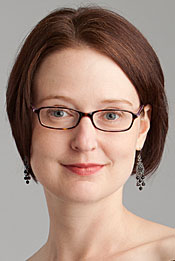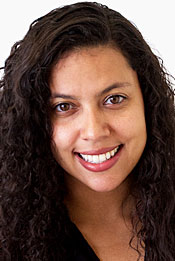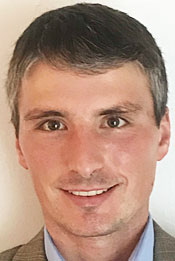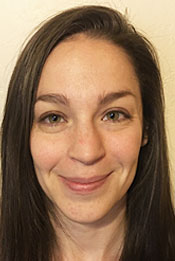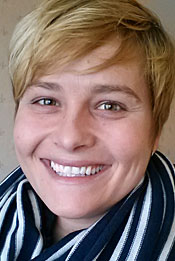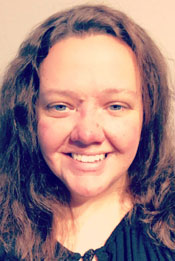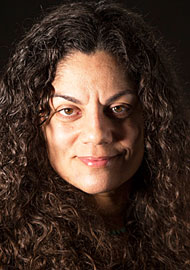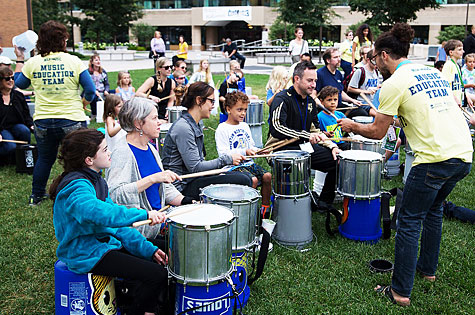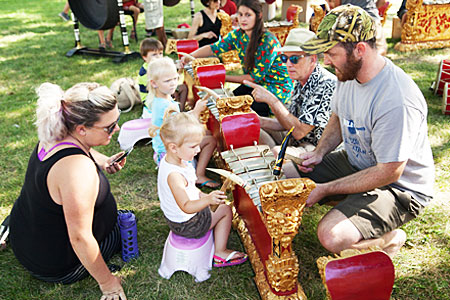The Lawrence University community and the rest of the world learned of the sad news that Thomas A. Steitz, one of the giants of biochemistry whose research on the structure of ribosomes earned him the 2009 Nobel Prize in Chemistry, died on Tuesday, October 9, from pancreatic cancer.
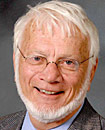 A 1962 graduate of Lawrence University who earned a bachelor’s degree with a major in chemistry, Steitz also received an honorary doctorate of science degree from his alma mater in 1981, as well as the Lucia R. Briggs Distinguished Achievement Award in 2002.
A 1962 graduate of Lawrence University who earned a bachelor’s degree with a major in chemistry, Steitz also received an honorary doctorate of science degree from his alma mater in 1981, as well as the Lucia R. Briggs Distinguished Achievement Award in 2002.
The year after winning his Nobel Prize, Steitz returned to Lawrence as the featured speaker for the university’s 161st commencement. As part of the celebration of Steitz’s achievements, Lawrence renamed its Science Building—home to the university’s chemistry and biology programs—to Thomas A. Steitz Hall of Science. From Lawrence’s press release at the time:
Steitz, who grew up in Milwaukee and graduated from Wauwatosa High School in 1958, was named one of three recipients of the Nobel Prize in Chemistry in October and received his award in ceremonies last December in Stockholm, Sweden. He was honored for his decades-long research into the structure and function of ribosomes, which decode messenger RNA into proteins, a function central to life. An understanding of the structural basis of the function of ribosomes provides possibilities for the development of new antibiotics.
Since 1970, Steitz has taught at Yale University, where he is the Sterling Professor of Molecular Biophysics and Biochemistry and professor of chemistry. He also is an investigator for the Howard Hughes Medical Institute.
Typical of so many Lawrentians, Steitz was a multi-interested lifelong learner. Beyond his pursuits in science, Steitz was also an accomplished saxophonist. His ability to pursue his science and musical interests is one of the things that drew Steitz as a high schooler from Wauwatosa (Wis.) to Lawrence. In his autobiography for the Nobel committee, Steitz writes:
My four years at Lawrence College changed my life, my view of the world and my professional direction. Since Lawrence is a liberal arts school, I was required to take many humanities courses to supplement what turned out to be my major in chemistry. These courses began with what was called a Freshman Studies course which was a broad based reading, discussion and writing course on many classical books. We learned to ask as well as answer questions. Importantly, we were also required to take a philosophy course, a scholarly based (e.g., Niebuhr, etc.) religion course, and an anthropology course, as well as English, History and language courses. I entered Lawrence with a heavy religious background and left it with an entirely different understanding of the origins of religious beliefs, their veracity and their roles in cultures. Lawrence also has a music school so that I was able to continue my love of music by participating in the band, orchestra and choir.
Steitz often credited Lawrence’s Professor Robert Rosenberg as “the person who had by far the greatest influence in inspiring me to pursue a career in science, and in particular chemistry.”
According to the October 10, 2018 tribute in the New York Times, Steitz’s spouse, Dr. Joan Steitz, and their son, Jon, were at his side when he died at their home in Connecticut.
“The world knows Tom as a Nobel prize-winning biochemist,” says Lawrence University president, Mark Burstein. “To the Lawrence community he was a beloved classmate, smart and engaging alumnus, and all-around gentleman. We will miss his presence and leadership. And in his name we will carry on the values of learning and transformation his life’s story represents.”
